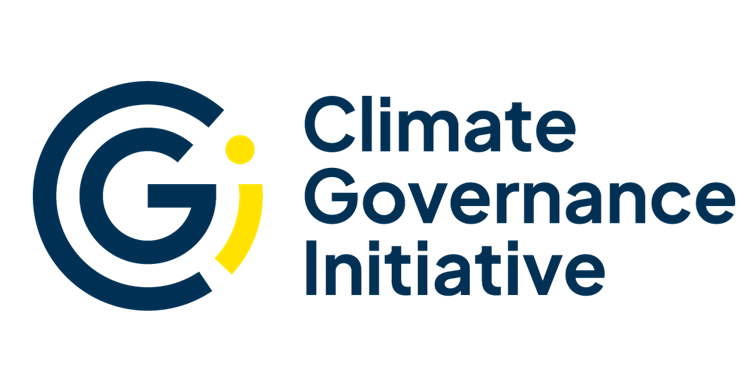The Climate Governance Initiative, in collaboration with the Commonwealth Climate and Law Initiative (CCLI), today is proud to issue the second edition to the Primer on Climate Change: Directors’ Duties and Disclosure Obligations. This edition provides the latest information for board members around the world on their legal obligations in the area of climate risk and disclosure, and how to fulfil them.
The Primer provides an overview of contemporary evidence that climate change presents foreseeable, and in many cases material, financial and systemic risks that affect corporations and their investors. With sections covering 26 countries and the European Union, board directors from across the globe can use the Primer to understand their legal obligations to their companies, and how to fulfil these by encouraging their boards to integrate climate change into corporate strategies, risk management oversight, governance and disclosure.
This new edition of the Primer reflects the latest legal information for boards. Since the publication of the first edition in June 2021, there have been substantial developments in the way in which climate risks, impacts and opportunities are perceived by governments, regulators and debt and equity investors. The key findings in this second edition are:
- The wide recognition of climate change as posing a material risk to business and a threat to financial stability has increased. Further statements and actions by governments, central banks, regulators and shareholders on the risks of climate change have been made, with companies being requested to disclose their net-zero goals and plans for reaching them.
- Directors’ legal duties to protect the interests of the corporation should not be seen as a barrier to taking action on the climate crisis. Indeed, in many jurisdictions, directors are required to monitor and manage material risks to their corporation, and so should incorporate climate risks into this in order to fulfil their duties.
- Legal experts in many jurisdictions recognise that the ‘business judgment rule’, which means that the courts will defer to directors’ knowledge and expertise in making business decisions, may protect directors where they take actions to ensure the long-term success of the company which may not be the most profitable in the short-term.
- Regulations and rules requiring identification and disclosures of climate-related risks, as well as the governance structures and strategies around those risks, have become widespread over recent years, and directors should ensure that they are meeting these requirements.
- Climate-related litigation has further increased over the last year, with a key development being UK NGO ClientEarth’s letter before claim against the board of Shell plc, alleging that the board has breached its directors’ duties by failing to develop and implement a climate strategy that aligns with Paris Agreement goals. Investors, corporate lawyers, the boards of high-emitting and financial companies, and other strategic litigants are watching developments closely.

‘The unprecedented commitments of the Paris Agreement have been further reinforced with the signing of the Glasgow Pact at COP26 in November 2021 following the release of the IPCC’s Sixth Assessment Report, which warned of the need to lift ambition even further within the next decade This Primer provides a succinct, easily accessible summary that non-lawyers who serve on boards can readily understand and act on. It will enable directors around the world to act in a fully-informed manner on their legal obligations as they confront this historic challenge.’
Karina Litvack, Chair of the Governing Board, Climate Governance Initiative
About the Climate Governance Initiative
The Climate Governance Initiative mobilises boards of directors around the world to address climate change in their businesses. We do this by developing and supporting national associations that equip their members with the skills and knowledge needed to make climate a boardroom priority, building on the World Economic Forum’s Principles for Effective Climate Governance.
For more information visit: https://climate-governance.org/
About the Commonwealth Climate and Law Initiative
The Commonwealth Climate and Law Initiative (CCLI) is a legal research and stakeholder engagement initiative founded by the University of Oxford’s Smith School of Enterprise and the Environment, ClientEarth and Accounting for Sustainability (A4S). It is a UK non-profit organisation funded by environmental philanthropy and research grants.
The CCLI examines the legal basis for directors and trustees to consider, manage, and report on climate change and broader environmental risks, opportunities and impacts, and the circumstances in which there may be liability for failing to do so. It also works to advance knowledge on effective sustainable governance practice.
The CCLI commissions legal opinions from independent experts within a jurisdiction to build an authoritative evidence base on the requirements of company and trust law as it relates to the nature crises. The CCLI works with leading academics, law firms and civil society entities to carry out our own legal research and disseminate the findings. The CCLI’s Canadian partner, the Canada Climate Law Initiative, convenes 60 experts to educate Canadian boards on climate change under the Canadian Climate Governance Experts project. They also provide an online knowledge hub for climate risk and sustainable finance resources.
For more information visit: https://commonwealthclimatelaw.org/


